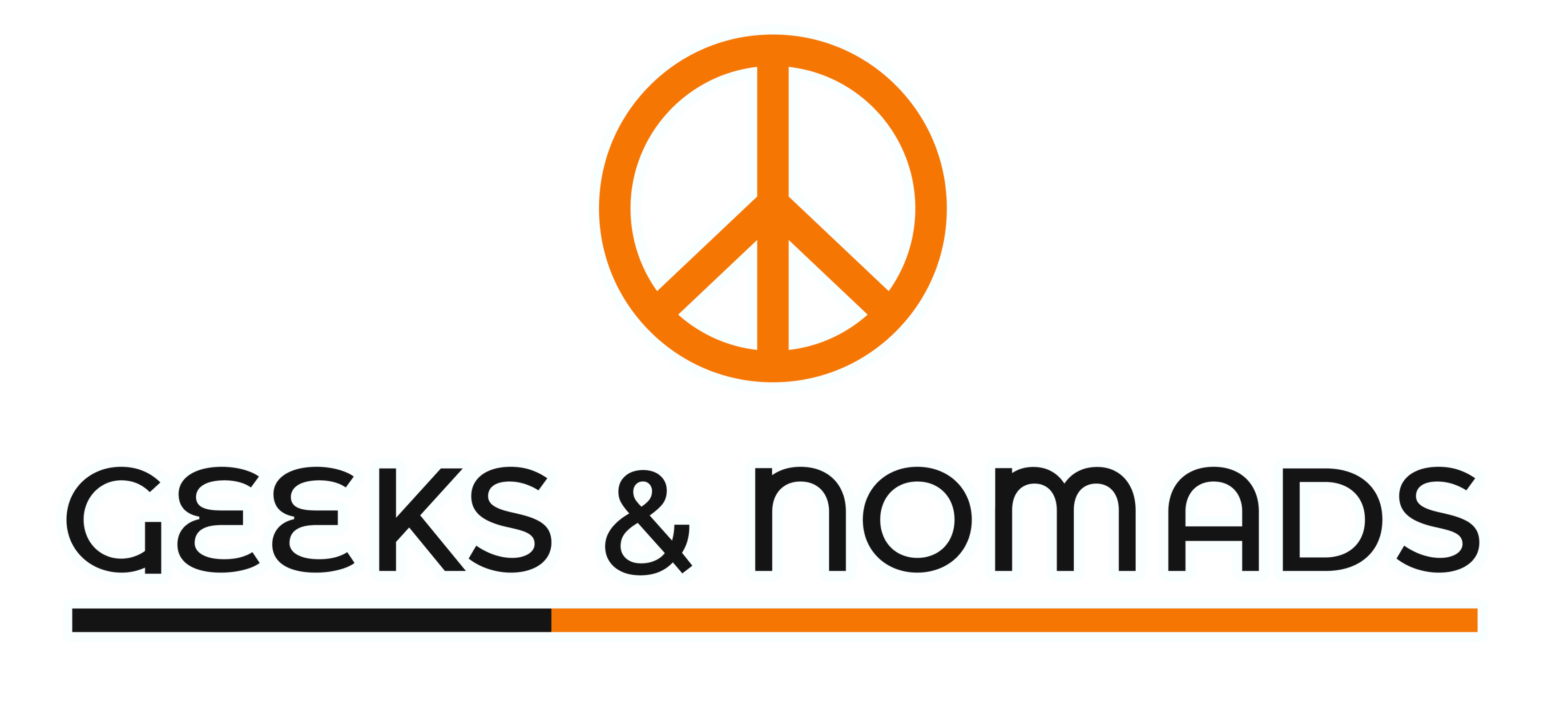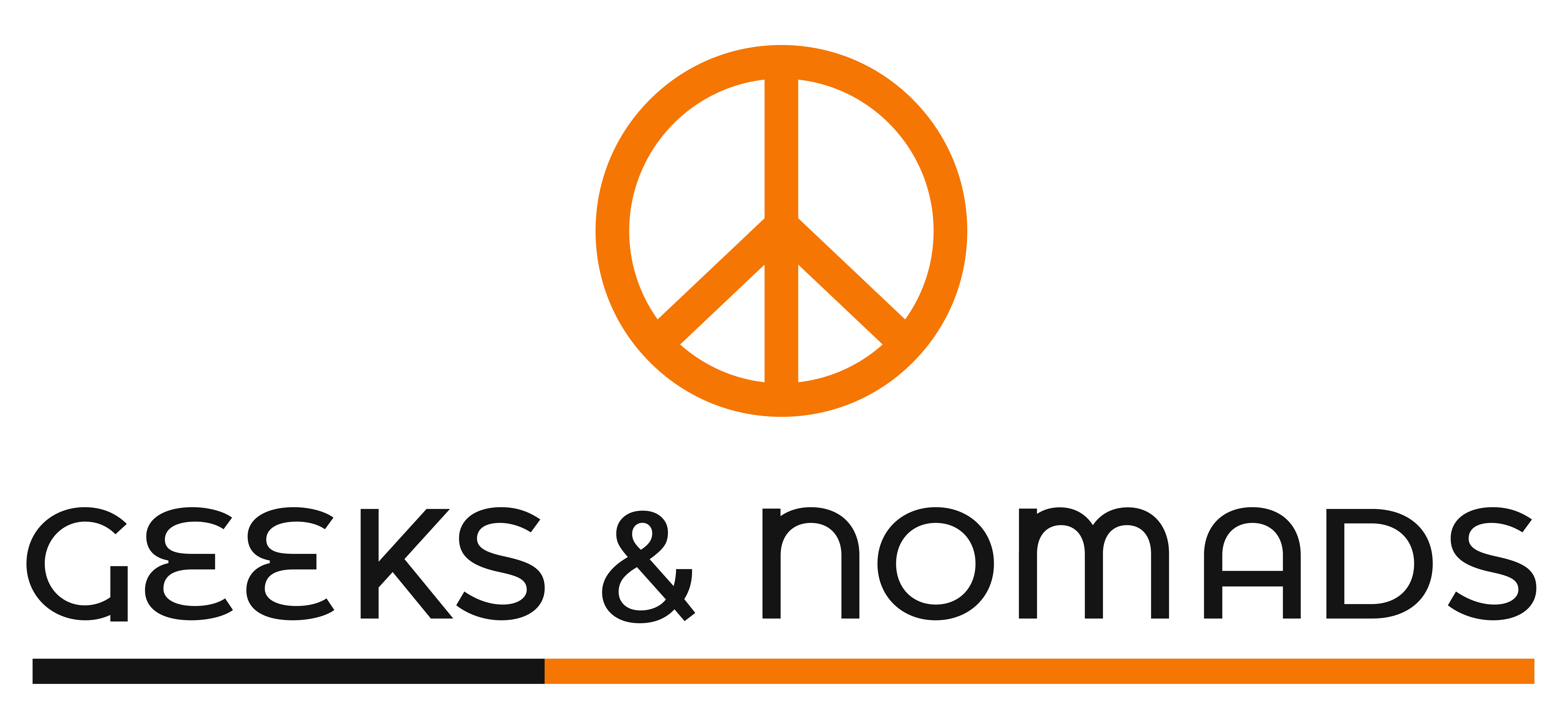Case Study
American Traveler

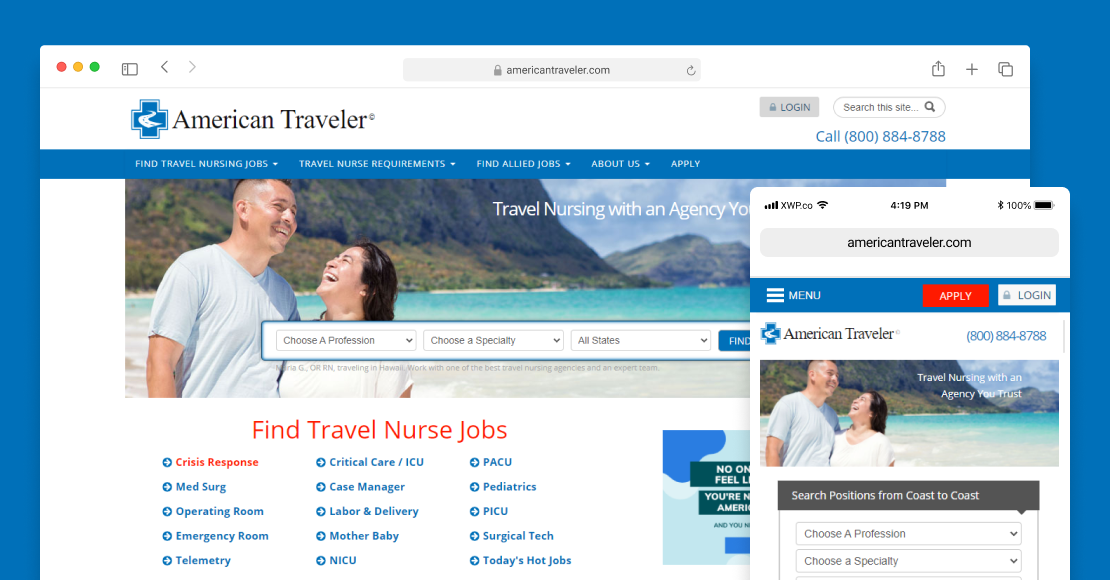
American Traveler is a premier travel nursing agency dedicated to providing nursing jobs to individuals who are looking for complete location independence. Their growing audience is looking for a reliable digital experience that gets them the information they need … fast.
American Traveler had been anticipating the Google Search algorithm update, but their focus in 2020 shifted due to an overwhelming need to concentrate on operational changes arising with COVID-19. Realizing that deep expertise in performance optimization was needed while the clock was ticking, American Traveler decided to make choosing an external resource a priority. With so much change in the digital landscape, the American Traveler site had to efficiently meet both emerging technical needs as well as specialized user requirements.
Times like these call for working with valued partners. Thanks to our agile approach with clients, Geeks & Nomads works well with large-scale international organizations, yet some of our most fruitful engagements have been with lean teams like this one.
American Traveler had contacted a trusted vendor to request a recommendation for a firm specializing in website optimization, who immediately suggested Geeks & Nomads as an expert solution. At Geeks & Nomads we always appreciate friendly referrals and we were happy to hear from American Traveler about analyzing their site for potential improvements.
A Proven Approach For Improving Performance On Websites
For an initial review, we ran the site through Google Pagespeed Insights and isolated the HTML on our own private servers. This allowed us to dig through the codebase and determine the areas where performance improvements would have the biggest payoff.
Deferring Javascript (JS)
First, our team removed unnecessary JS from the majority of American Traveler pages. By writing a script that stopped unnecessary loading, we were able to improve overall page performance pretty quickly.
This website is built with Drupal, a widely-installed open-source CMS. While such systems offer many advantages, they can also be challenging to fine tune, especially as time goes by and new functionality is added. Our team refined the Drupal system javascript and stylesheets, leaving them only where strictly necessary.
For the javascript that was still required, we were able to defer loading, significantly improving overall page performance (by how much? Keep reading and find out)!
Improving User Experience By Google Core Web Vital Metrics
Content Layout Shift (CLS) is another important indicator of user experience on a site and a key component to the Google Core Web Vitals update.
American Traveler’s site has a critical content type that is presented on a high percent of their pages, resulting in a recurring shift in content while loading these pages. Our team pinpointed the specific cause of the delay and improved the experience with the late-loading element by optimizing the code to a slightly adjusted design.
Although not every page of this type carried major SEO weight, their cumulative volume delivered real impact when performance improvements were made on these pages.
We recognized that some tweaks in loading the design would improve the CLS score on this content type. Multiplying a seemingly small improvement for just one component, used multiple times by thousands of pages—can make a marked difference! The CLS now measures as 0 across most URLs on the site.
Our team was also able to fine-tune hero image load times by using a regular image tag, which allowed us to pre-allocate necessary space for the image and load it faster using resource hints, further improving CLS and Largest Contentful Paint (LCP) scores.
Additionally, by updating the image loading scripts, we were also able to improve image load times – measured in the Page Insight tool as LCP. This work combined brought their overall page experience by reducing First Contentful Paint (FCP) by 50%!
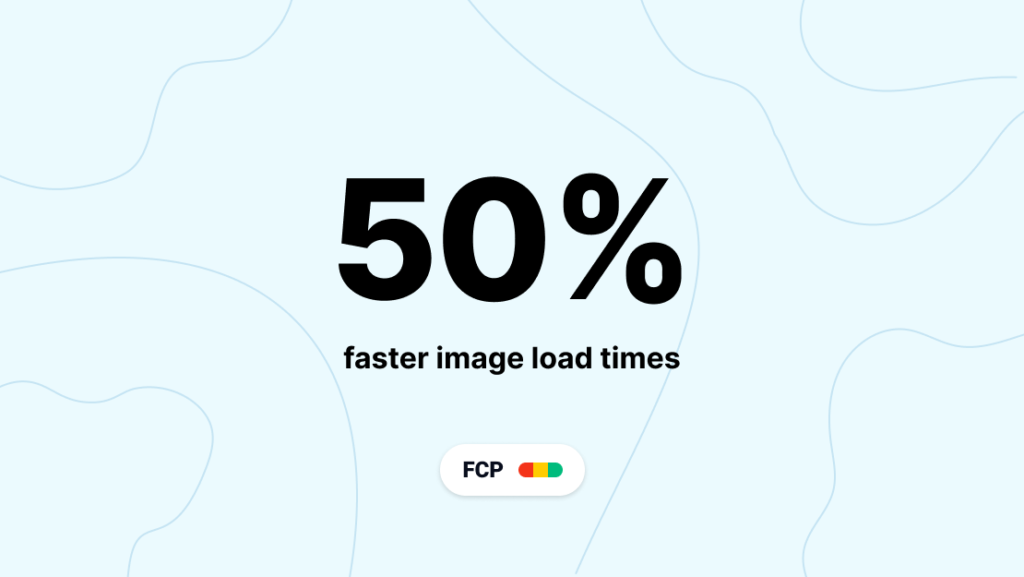
Further, we were able to implement efficient font display fallbacks that virtually removed all layout shifts from the site and reduced the scripts necessary to load the site. The Time To Interactive (TTI) was reduced by 75%, meaning pages can be interacted with faster on each page load, influencing Bounce Rate, Conversion, and overall brand trust.
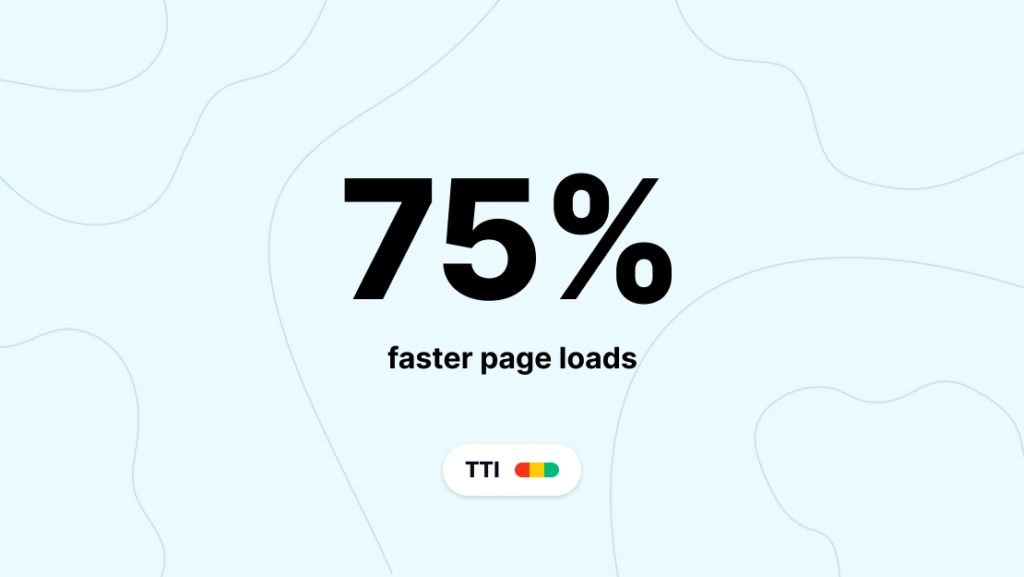
While none of these existing design states were necessarily bad for the audience user experience, making the revisions helped improve the technical experience. One month after these changes, the Google algorithm had already picked up more pages and indexed the listings for American Traveler more than before.
We saw a 19% increase in the average number of google-indexed position listings and a 48% increase in the exposure of our position listings. Position listings that are indexed by google are a significant source of organic leads for us, so we are always eager to see a larger quantity and variety of listings available to the public.
Reducing Database Size And Improving Page Speed
At Geeks & Nomads we recognize that good client work is a balance between offsetting the needs of the team by rolling up our sleeves and offering consultations. For American Traveler we were able to advise on database optimization as related to page speed, and on how best to store search filters, which had a significant effect on response times for cached pages. We found a significant load of duplicated data stored on the server, and helped provide a path for long-term sustainable storage and caching practices.
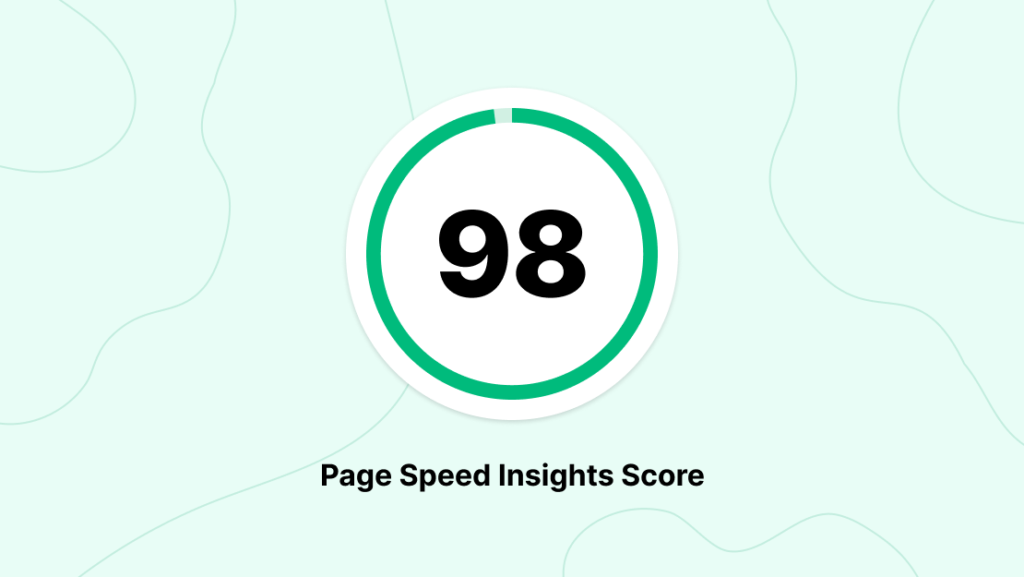
Upon completion, our team was ecstatic with the results, and so was American Traveler. In the end, our collaboration brought Page Speed Insights scores to 98—with all Core Web Vitals in “Good” targets.
“Over the years we have gone through several rounds of improving site performance. The Geeks & Nomads results were exactly what we were looking for in performance improvement. Virtually every page we test is now in the green zone on Google’s scorecard. Geeks & Nomads has a process; they know what they’re doing, and it works.
Geeks & Nomads was very transparent about everything they worked on, very thorough, and on deadline. This has been one of the best vendor engagements we’ve had in quite some time.”
While many performance projects have different starting points, they all typically end the same way: with a satisfied client and a happy end-user. By providing lightning-fast page speeds and a delightful page loading experience, users are more likely to positively engage with a site.
Put plainly: investing in performance and UX isn’t just good for the user; it’s good for business. It’s great when organizations like American Traveler recognize the need to optimize for the digital landscape and changing Google Search algorithm requirements as well as planning for a better user experience for their audience.
Are you ready to take the next step in your performance journey? Geeks & Nomads is ready to help tackle your website performance problems. Since 2018, we’ve been working to create a more user-centric web, one site at a time, by improving PageSpeed Insights scores and crafting better user experiences. Talk to a member of our team to see how we can improve your site performance and start delighting your users today.
